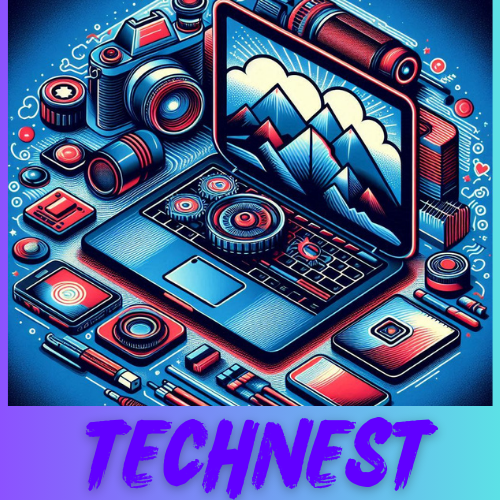
5G isn’t just a buzzword—it’s a game-changer shifting how we connect and operate in daily life. Recent advancements have been nothing short of remarkable. Experts are pushing the boundaries of what was once imaginable, paving pathways for faster networks and smarter solutions.
Countries worldwide are racing to get their nations fully connected. Among the leaders, South Korea, the United States, and China are sprinting ahead with unprecedented speeds in their deployment. They’ve not only laid more groundwork but are also actively exploring next-gen applications.
The technical improvements are pretty mind-blowing. With increased speeds and reduced latency, the level of service surpasses anything 4G offered. We’re entering an era where buffering might become a thing of the past, making everything from streaming to gaming seamless.
5G’s not riding solo; it’s got some cool tech buddies like IoT, AR, and VR tagging along. Imagine smart homes that anticipate your needs and virtual realms blending into reality. These technologies are like the sizzling toppings on 5G’s high-tech pizza.
Huge sums are being funnelled into 5G’s development. Tech hubs across the globe are sprouting, pushing innovations and, let’s face it, inviting a bit of tech rivalry between regions. It might seem like a futuristic scramble, but really, it’s about creating smarter, more connected environments.
Looking closer at cities upgrading to 5G, the impact is significant. They’re not just about faster streaming—they’re transforming urban experiences with smarter traffic management, efficient resource distribution, and an overall boost in digital infrastructure. It’s not just tech for tech’s sake; it’s about genuinely enhancing modern life.
Beyond Connectivity: The Impact and Future of 5G
5G’s influence stretches far beyond just connecting your favourite gadgets. Industry insiders are unpacking how it’s set to revamp the way businesses and entire economies function. Imagine factories where machines communicate instantly or remote surgeries with precise control from across continents. The potential’s huge.
For both consumers and businesses, 5G is opening up a world of possibilities. On a personal level, it means faster downloads and clearer video calls, but for businesses, it’s a key player in boosting efficiency and sparking innovation. Whether it’s optimizing supply chains or enhanced data analytics, 5G’s benefits are widespread.
Looking ahead, economic forecasts paint an optimistic picture, with millions of jobs potentially emerging from the tech’s capabilities. Think about new career paths in AI, robotics, and tech support that didn’t exist a few years back. 5G’s like a springboard for these opportunities.
Despite all the glow, 5G isn’t without its hurdles. Concerns about cybersecurity loom large as the network of connected devices grows. Plus, the cost of infrastructure and navigating the labyrinth of regulations can be daunting. Public concerns over data privacy and health effects need addressing, too.
The reach of 5G hints at sweeping societal changes as more people gain high-speed internet access, empowering remote work, and digital learning. While some fear the digital divide could widen, the tech also has the potential to tackle these gaps if rolled out thoughtfully.
Considering environmental implications, efforts aim to ensure 5G tech is green. Innovations in energy efficiency are at the forefront, minimizing the tech’s carbon footprint. It’s a challenge but also an opportunity to redefine sustainability in the tech realm.
